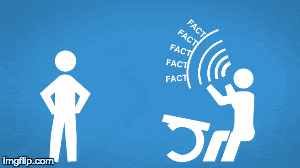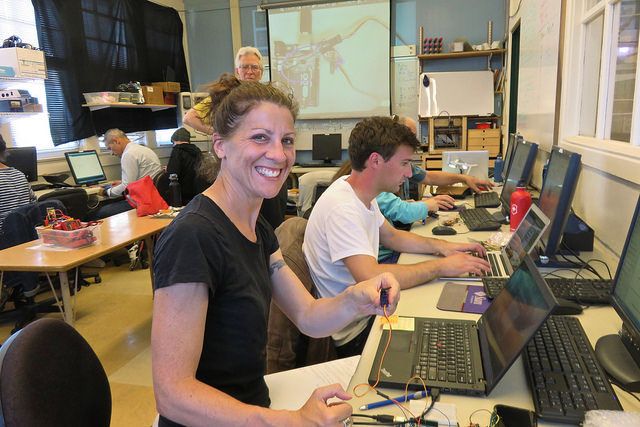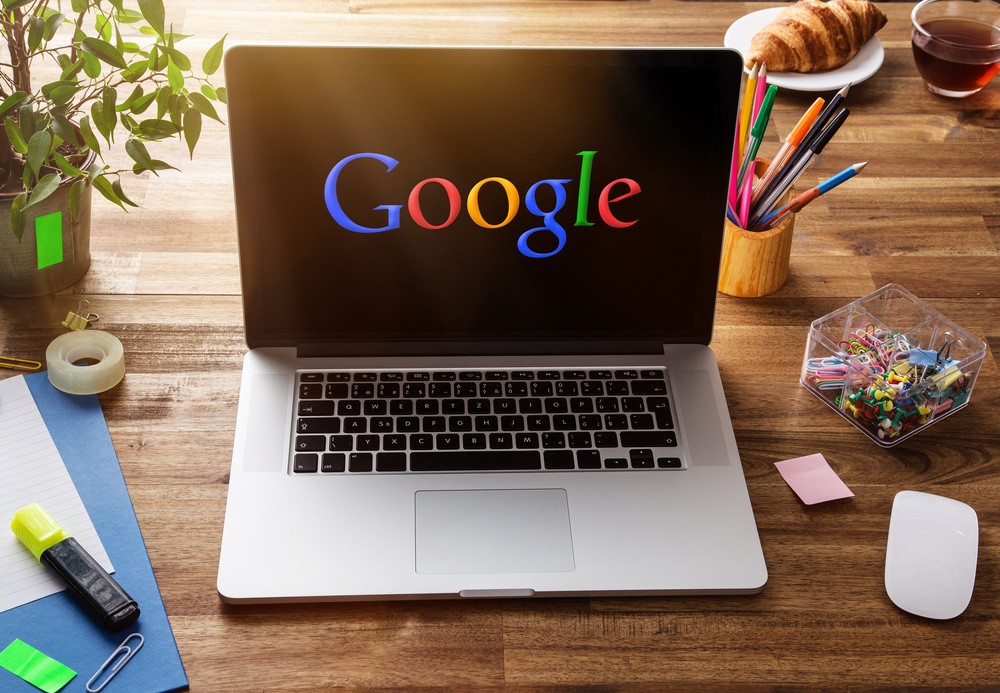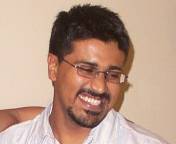The Problem With Content-Centered Courses
Listen up: As an Instructional Designer, this may be the most important mindset you develop. This mindset deals with content-centered courses; which are the exact opposite of what I propose.
Simply put, content-centered is a traditional attitude towards course design and delivery. And, unfortunately, it’s still used in many learning spaces, live and online.
So, how do we identify a content-centered course?

As a general rule, it’s when the majority of instructor time is used to present learners with information… and this information is then regurgitated by the learner. The idea behind this style of delivery is that remembering information is proof the learner is competent in a skill or subject.
What do you think are the problems with being content-centered?
Well, I’ve narrowed it down to four problems, but in this article, I’ll discuss one: The internet!
Yes, I said it, the internet!
The Internet And The Traditional Model Of Education
You see, before the internet, information was guarded and proprietary. Teachers and schools were the gatekeepers of information. So, it should be of no surprise, many courses today still push content.
It has been our tradition to make content the most precious ingredient in education. Well… this is over… let’s put this tradition to bed. Learners have been forced to endure content-centered courses because the opportunities for learning were limited. They had to put up with this delivery. They had no choice.
But today, learners have choice. And because of this choice –and the vast accessibility of information–learners no longer tolerate content-centered courses. Today, with the easy access to almost all the information anyone could ever want, the flaws of content-centered courses are becoming very obvious.
Courses that put the content at the center –and not the learner– are now easily judged against information on the internet.
For example:
A physics teacher can use their time to lecture about the concept of gravity. This professor can use their own knowledge, metaphors, and also have their learners read from the physics textbook...
On the other hand, today’s learner knows he or she may find a better explanation of gravity online… Maybe even from an International Space Station Commander?
This is Commander Hadfield ... who’s providing amazing information on NASA’s YouTube Channel.
This is just one example. But it’s a fact; your course content will be competing with millions of sources of content online… much of it explained very very well.
Do a Google search for “Gravity explained”, you’ll see what I mean.
The point is this: Information –or content– is no longer (seen as) a commodity.
Educational researcher Sugata Mitra, in his award-winning 2013 TED Talk, went so far as to say “Knowing is obsolete”… I won’t go that far, but you need to accept his point (and mine); it’s the internet that is monopolizing information, not individuals or institutions.
The Google Effect
In 2011, Columbia University Psychologist Betsy Sparrow described a phenomenon called the “The Google Effect”. The Google effect is the tendency to forget information that can be easily found by searching Google, instead of remembering it.
The internet is –in effect– being used as a personal memory bank for information.
Now, remember how I described the content-centered style of delivery, “Remembering information is proof the learner is competent in a skill or subject”.
Maybe Sugata Mitra is right, but I’ll say it as this: “The content-centered style is obsolete”. When all the world's knowledge is available to everyone who has a cell phone, don’t waste time reinventing the wheel.
You see, you’re not competing with information on the internet. So, what do you assume will be the educator’s role now?
Well, just because learners have access to all of the world's information, doesn’t mean they know where to start.
How about using your expertise to direct learners to the very best information?
The Role Of The Educator
I consider the role of the educator this:
Help learners make connections between concepts, and relate them to experiences and the real world.

So, ask yourself...
- What information is already out there that I can point my learners to?
- What value can I add to make that information relevant to them?
- What kind of experience or stories can I share that will help add context to what we are doing?
- What kind of questions can I ask so learners draw their own conclusions?
- What other questions should I be asking?
I talk about this and the three other concepts I mentioned in more details in my membership community and course. Join us!
Well?
Don't make this a one-way conversation and leave me hangin'! What other questions should I be asking?








